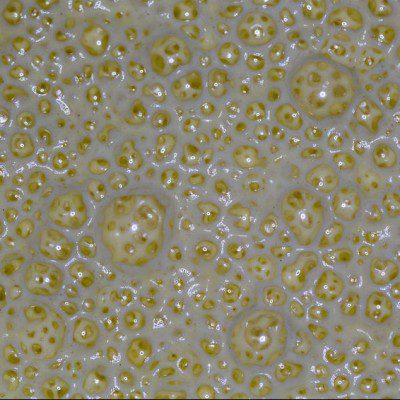
Culture wheat works as an antimicrobial, due to its fermentation.Which one should you use? They are both produced by the fermentation of wheat flour. However, their uses are completely different.
Let’s start with sourdough. It is prepared with flour and water fermented with lactic acid bacteria (LAB) and enhances the flavor of breads with a distinct sour taste.
In contrast, cultured wheat is wheat flour fermented with Propionibacterium freudenreichii (commonly found in milk and dairy products). This fermentation produces natural propionates and bacteriocins. When used in bread products, cultured wheat works as a clean-label replacement for calcium propionate.
How does cultured wheat work?
Cultured wheat that uses Propionibacterium freudenreichii also inhibits the growth of other harmful bacteria in both acidic and neutral pH conditions. Not only that, but it allows product labels to be vegan, kosher or organic.
Want to learn more? Visit our cultured wheat page! [/fusion_builder_column][/fusion_builder_row][/fusion_builder_container]

